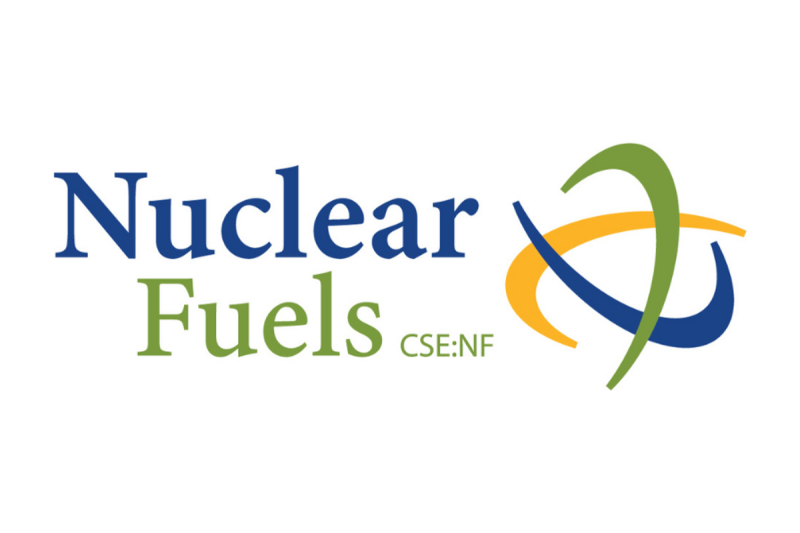The Advancements and Challenges of Nuclear Fuels
Nuclear power has gained substantial attention and debate in recent times as countries strive to find sustainable and reliable energy sources to meet their growing demands. Nuclear fuels, in particular, have been at the forefront of this discussion due to their potential to provide clean and efficient energy. However, as with any energy source, there are both advancements and challenges associated with nuclear fuels.
Advancements in Nuclear Fuels:
1. Enrichment Technology:
One of the significant advancements in nuclear fuels is the development of more efficient enrichment technologies, such as gas centrifuges and laser enrichment. These advancements have enabled the production of highly enriched uranium (HEU) and mixed oxide (MOX) fuels, which enhance the efficiency and performance of nuclear reactors.
2. Fuel Fabrication:
Improvements in fuel fabrication processes have resulted in the development of new fuel designs that enhance safety, performance, and fuel utilization in nuclear reactors. For instance, the introduction of advanced fuel pellets, cladding materials, and fuel rod design has improved the integrity and durability of nuclear fuel assemblies.
3. Nuclear Reactor Technology:
In recent years, there have been advancements in nuclear reactor technology, such as the development of advanced reactors, including small modular reactors (SMRs) and Generation IV reactors. These new designs offer improved economics, enhanced safety features, and increased fuel efficiency.
4. Reprocessing Technologies:
Reprocessing technologies have advanced significantly, allowing for the extraction and recycling of fissile materials from spent nuclear fuel. This not only reduces nuclear waste but also maximizes the utilization of nuclear fuels, making them more sustainable and cost-effective.
Challenges in Nuclear Fuels:
1. Safety Concerns:
One of the major challenges associated with nuclear fuels is ensuring the safety of nuclear reactors. Although modern reactors have built-in safety features, such as passive cooling systems and containment structures, the potential for accidents, such as core meltdowns, remains a concern. Proper maintenance, strict regulatory oversight, and continuous research are essential to address safety concerns effectively.
2. Nuclear Waste Management:
Another challenge is the management of nuclear waste generated during the use of nuclear fuels. Radioactive waste must be stored and disposed of safely for thousands of years to prevent any harm to humans and the environment. Developing effective long-term storage solutions and investing in research for advanced waste treatment technologies are crucial in addressing this challenge.
3. Proliferation Risks:
The production and use of nuclear fuels raise concerns about the proliferation of nuclear weapons. Ensuring the secure handling, transportation, and storage of nuclear materials is essential to prevent their diversion for nefarious purposes. International collaboration and strict non-proliferation measures are necessary to mitigate these risks.
4. Public Perception:
Public perception of nuclear fuels and nuclear energy remains divided. While some view it as a viable solution to combat climate change and achieve energy security, others have concerns about the safety risks involved and the potential for catastrophic accidents. Engaging in transparent communication, promoting awareness, and fostering a better understanding of nuclear energy among the public is vital to address these perceptions.
Conclusion:
Nuclear fuels hold great potential for providing clean and efficient energy, but they also present complex challenges. Advancements in enrichment technology, fuel fabrication, reactor design, and reprocessing have improved the efficiency, safety, and sustainability of nuclear fuels. However, safety concerns, nuclear waste management, proliferation risks, and public perception continue to be core challenges. By addressing these challenges with robust research, regulations, and international cooperation, nuclear fuels can contribute significantly to a sustainable and resilient energy future.
